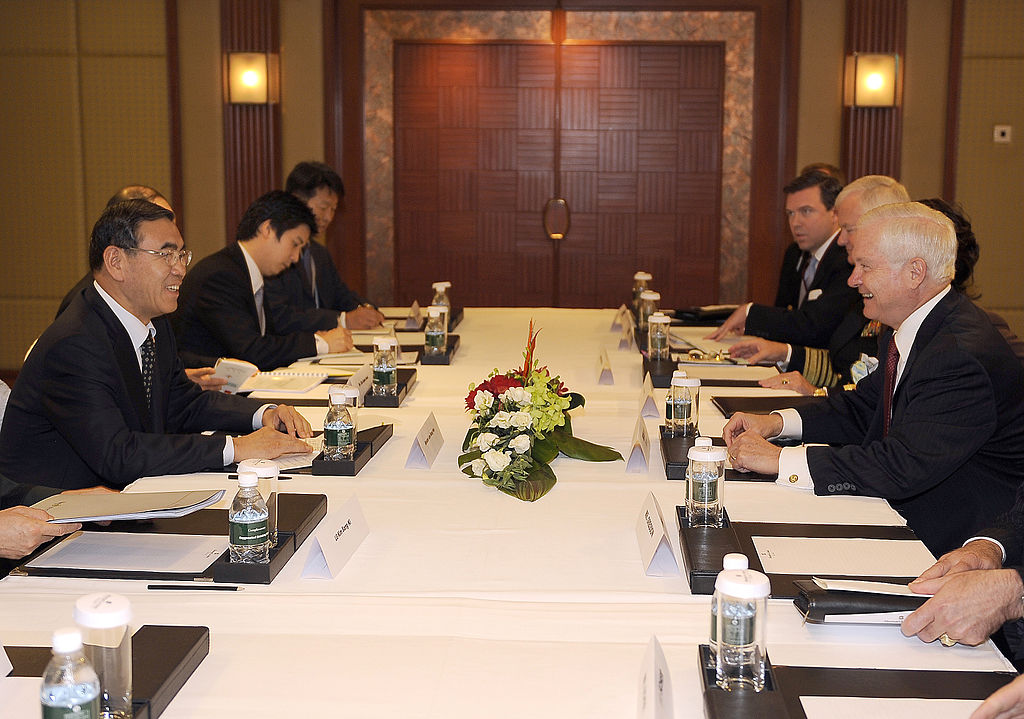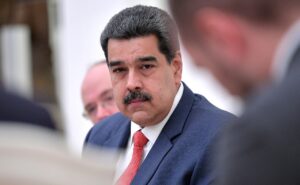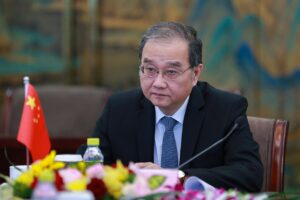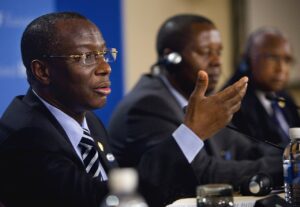Topline
The U.S. needs to demonstrate that when it talks about the strategic significance of Indo-Pacific region, it means it.
The United States has identified the Indo-Pacific region as the most strategically important region for its national security. However, the allies and partners in the region remain confused, even doubtful, whether Washington really means what it says. A restoration of confidence among U.S. allies and partners would begin by sending a clear and unified message that Washington fundamentally believes in the strategic importance of alliances and partnership. The incoming U.S. president can lead such effort by stop discussing alliance-related issues in a transactional, “what’s in it for us?” tone.
Problem
Allies and partners in Indo-Pacific region are questioning U.S. commitment in the region.
U.S. allies and partners are less confident in American willingness and ability to lead the effort to sustain the liberal international order across the globe. The Indo-Pacific region—which the 2017 National Security Strategy of the United States (NSS) argues the U.S. has had the greatest national interests in keeping the region free and open since “the earliest days of our republic”—is no exception. Allies and partners in the Indo-Pacific are confused by the contradictory messages that they have been receiving since the beginning of the Trump administration. On the one hand, they hear cabinet ministers, including Secretaries of State and Defense, reiterate the strategic important of the region to U.S. national interests, the enduring commitment of the U.S. to the region, and America’s “iron clad” or “rock solid” alliance commitments. On the other hand, leaders and peoples in the region have been exposed to an endless barrage of tweets and off-the-cuff comments by President Donald J. Trump himself that underscore his transactional view of the alliances, demonstrated most vividly by his repeated comments on how U.S. allies must “pay their fair share.” If the U.S. is serious about strategic competition with our potential adversaries in the Indo-Pacific region, as the 2017 NSS contends, such a competition cannot be won if Washington continues to alienate its allies and partners by constantly forcing them to question U.S. intentions. A more coherent and consistent message that starts at presidential level and reassures them is critical in restoring a sense of confidence about U.S. commitments.
Background
The credibility of the United States and its commitments to lead global efforts to uphold a liberal international order—the anchor of the postwar international community—has been steadily deteriorating since January 2017. In the Indo-Pacific region, this deterioration of U.S. credibility has manifested itself in intensifying anxiety among the allies and partners in the region regarding the U.S. “staying power” as the anchor of security and prosperity in the region. The Indo-Pacific region does not have a regional collective security organization like NATO in Europe. Rather, the cooperative frameworks which have been built on a web of U.S. bilateral alliances have provided a critical foundation of stability in the regional security environment as regional economy has prospered.
The Trump Administration’s approach to U.S. foreign policy has changed the calculation in the capitals of many U.S. allies and partners in the region. First shocked by President Trump’s withdraw from the trans-Pacific Partnership (TPP), which the preceding Obama administration placed as an economic component of its Asia rebalance strategy, the allies and partners in the region have been continuously surprised by President’s transactional approach to his foreign policy agenda. President Trump’s scathing comments about the world leaders, many of whom are leaders of long-term U.S. allies, over the policy disagreements he has with them have only reinforced the perception in the region that the U.S. is now being led by the president who takes “my way or highway” approach to all policy issues, both foreign and domestic, and “winning’ and “getting a good deal” are fundamentally the only thing that interests him.
Naturally, this has made many U.S. allies and partners in the region nervous. Taiwan has been worried about whether President Trump might use Taiwan as a bargaining chip in U.S. trade negotiation with China for some time. Japan has been concerned by President Trump’s bilateral meetings with North Korean leader Kim Jong-Un, despite the lack of progress that has been made in North Korea’s denuclearization. Beyond the rhetoric, Trumps’ insistence that the U.S. extract a greater price for stationing troops on the Korean peninsula is only was one of the most recent visible example of the Trump Administration’s payment-focused mindset toward the alliance, but also yet another case that demonstrates that the highest level of the US government does not appreciate the importance of the alliance. The downward spiral of Japan-ROK relations, with little attempt at mediation by the U.S., also shows the potential consequences of a U.S. absence from the region — with a real potential for strategic damage to American interests.
The President should…
Stop publicly criticizing allies and partners. U.S. should not shy away from disagreeing with other countries on policy issues, including allies and partners. However, criticism against the allies and partners over such disagreements—however intense they can be at times—should be handled discreetly. Personal criticism coming from U.S. president against the leaders of U.S. allies and partners should immediately stop. Established work relationships between U.S. government officials and their regional counterparts, cannot be effective if efforts to sustain important relationships are constantly undermined by inflammatory remarks by the President.
Focus on the shared value of alliances, rather than making sure everyone “pays their fair share.” Because the Indo-Pacific region lacks regional collective security organization such as the NATO in Europe, it is even more important for U.S. alliance and partners in the region to be able to count on an enduring U.S. commitment to the alliances and security partnerships that have been built upon them. If U.S. is serious about competing with adversaries such as China for strategic influence in the region, the next President must abruptly abandon a “pay their fair share” approach. The next president should discuss how long-lasting alliances and partnerships in the region have brought the shared benefits of stability and economic prosperity to the region, and how the U.S. understands some of those benefits cannot be calculated in simple monetary terms. It is especially important that President sends that message consistently.
Revitalize engagement in multilateral forums in the region. The next President must immediately begin the dialogue with its major economic partners in the region to explore rejoining the Comprehensive and Progressive Agreement for Trans-Pacific Partnership (CPTPP) as the first step to demonstrate U.S. commitment to re-engage in multilateral cooperative frameworks for the region. Then he should follow-up by ensuring his and his cabinet ministers’ full engagement at other regional dialogues, such as Asia-Pacific Economic Cooperation (APEC), East Asia Summit (EAS), Shangri-La Dialogue.




